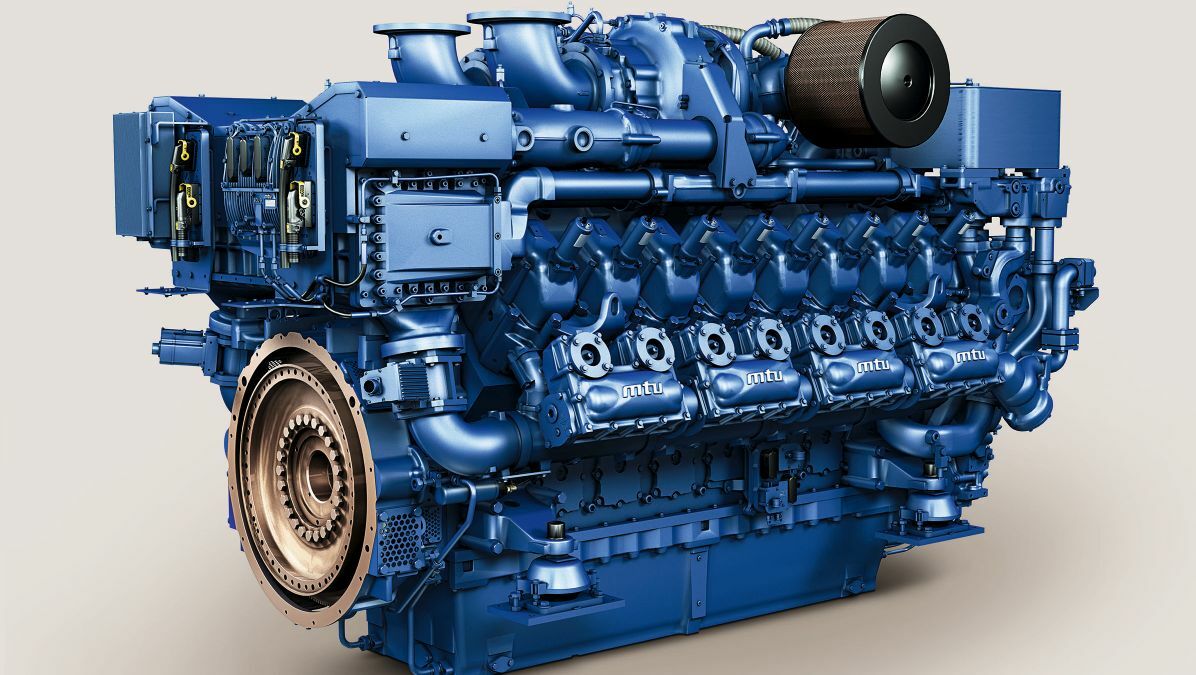A Complete Overview to Choosing the Right Engine for Your Job
Choosing the proper engine for your job is an important decision that can significantly influence its total success. Each of these components plays an essential function in making sure that your chosen engine not only satisfies prompt objectives yet likewise lines up with long-lasting ambitions.
Specify Your Job Needs
Specifying your project needs is an important action in choosing the ideal engine for successful execution. An extensive understanding of your project's objectives will lead you in recognizing the functions and capacities called for from an engine. Begin by outlining the extent of your job, consisting of the preferred functionality, target market, and the details results you intend to accomplish.
Following, think about the technical requirements that line up with your task goals. This consists of evaluating the compatibility of the engine with existing systems, along with the programming languages and structures that will be made use of. Furthermore, analyze the degree of scalability required to accommodate future development or modifications in demand.
Budget plan restraints also play an important function in specifying your project requires. Establish a clear economic structure to direct your decision-making process, guaranteeing that the engine picked fits within your budget while giving the essential capability.
Evaluate Efficiency Requirements

Following, think about the scalability of the engine. Examine whether it can manage boosted work as your project expands. Engines that support horizontal scaling are commonly better for larger applications. Furthermore, examine the engine's performance under different problems, such as peak use circumstances, to ensure it satisfies your reliability criteria.
Take Into Consideration Convenience of Usage
While technical specifications are essential, the convenience of usage of an engine can dramatically impact the development process and general project success. An instinctive interface, clear paperwork, and structured process can considerably reduce the knowing contour for designers, enabling them to concentrate on creative thinking and analytic rather than facing complex devices.
When reviewing an engine's ease of use, take into consideration the onboarding experience. A well-structured introduction, complete with tutorials and example tasks, can help with a smoother shift for new users. In addition, the clearness and comprehensiveness of the engine's documents play a vital duty; detailed overviews and API referrals can empower developers to repair and carry out features effectively.
An additional element to take into consideration is the engine's personalization abilities. An engine that enables for simple alterations can be more straightforward, as developers can customize it to fit their details needs without extensive inconvenience. Assess the operations combination with tools and systems you already utilize. A natural community can enhance productivity and minimize friction during the growth process. Eventually, selecting an engine that focuses on simplicity of usage can lead to a much more satisfying and productive advancement experience.
Assess Community and Support
The strength of an engine's area and assistance network can greatly influence a programmer's experience and success. A vibrant area typically indicates a wealth of common knowledge, resources, and fixing support that can improve your task's growth procedure. When evaluating an engine, take into consideration the dimension and task level of its community. Bigger areas typically provide a lot more forums, tutorials, and third-party plugins, making it possible for programmers to locate services extra successfully.
Additionally, examine the schedule of main support channels. Trusted paperwork, receptive consumer assistance, and normal updates are vital for resolving technological concerns and keeping your job on the right track. Engines For Africa. Energetic neighborhoods additionally foster collaboration, giving opportunities for networking and comments, which can be very useful, especially for small groups or independent designers
Additionally, examine the existence of community-run events, such as hackathons or meetups. These celebrations can enrich your understanding of the engine while linking you with potential collaborators and skilled users. In recap, a durable community and support system not just streamline growth yet likewise produce an atmosphere for learning and innovation, ultimately enhancing the chance of your task's success.
Contrast Cost and Licensing Choices
Budget considerations play a critical function in selecting Find Out More the appropriate engine for your task, as the cost and licensing alternatives can substantially impact both temporary expenditures and long-term viability. Engines For Africa. Various engines offer differing rates structures, which can include single purchase charges, subscription models, or revenue-sharing contracts based upon your job's incomes

Certifying alternatives additionally vary dramatically. Some engines are open-source, supplying adaptability and community-driven support, while others might require proprietary licenses that limit use and distribution. Comprehending the ramifications of each licensing version is crucial, as it influences possession rights, future scalability, and potential legal commitments.
Verdict
To conclude, selecting the ideal engine for a job requires a thorough assessment of specified job requirements, efficiency webpage demands, ease of usage, neighborhood assistance, and expense factors to consider. By methodically attending to these essential aspects, decision-makers can guarantee alignment with both existing and future task demands. An educated option eventually improves the chance of job success, enabling effective source appropriation and maximizing potential outcomes within the defined monetary constraints.
Choosing the ideal engine for your job is website link an essential decision that can significantly impact its overall success.Defining your job requires is an essential action in choosing the appropriate engine for effective application. An extensive understanding of your task's purposes will guide you in determining the features and abilities called for from an engine.When you have a clear understanding of your task needs, the following action is to examine the performance demands of the engine.In verdict, choosing the proper engine for a project demands a detailed analysis of defined job needs, efficiency demands, simplicity of usage, neighborhood assistance, and cost factors to consider.